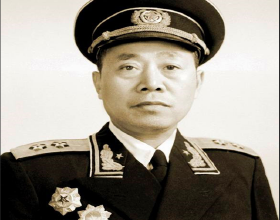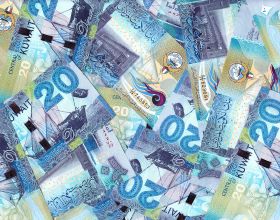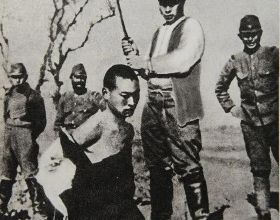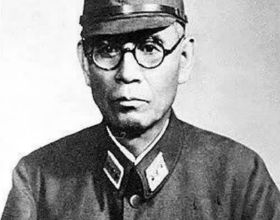人類的血液是有血型區分的,當我們需要獻血或輸血的時候,確定血型至關重要。那麼,動物們是否也存在不同的血型呢?答案是肯定的。
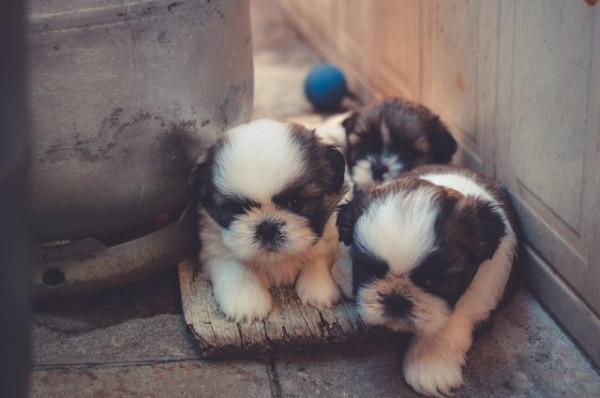
How much do animals think about their blood types? Presumably never, given what we know about animal cognition. But we humans do think about our animals, because sometimes animals receive blood transfusions too, and we want to make sure the blood we're giving a ferret or dog or parakeet doesn't cause a blood incompatibility reaction.
動物們會在意自己的血型嗎?根據我們目前對動物認知能力的瞭解,它們應該不會在意。不過人類會在意,因為有時動物也會生病,也會需要輸血。我們希望給貓咪、狗狗或鸚鵡輸血時不會產生血液不相容的反應。
That's a negative reaction causing the recipient's immune system to attack foreign blood, producing antibodies against the red blood cell proteins, or antigens, in the donated blood. Although all animals have blood groups, every species has a different system, and we know the most about the systems of domesticated mammals.
血液不相容反應是一種不良反應,會導致受體的免疫系統攻擊外來血液,在捐獻的血液中產生針對紅細胞蛋白或抗原的抗體。雖然所有的動物都有血型,但每個物種血型系統不同,截止現在,我們對家養哺乳動物血型系統瞭解的最多。
The human blood group system is based on three different antigens: A, B, and O. The possible blood types we could have are A, B, AB and O, and each one of these can be either Rh positive or negative. Type O negative blood is generally considered to be universally accepted by any other blood type, and type AB positive can receive any other type.
人類血型系統基於三種不同的抗原:A、B和O。我們可能擁有的血型是A型、B型、AB型和O型,其中每一種都可能是Rh陽性或陰性。Rh陰性O型血液通常被認為可以給其他任何血型輸血,Rh陽性AB型血液可以接受任何其他血型血液。
Dogs, for their part, have more than eight different antigens that can attach to their red blood cells, most of them labeled Dog Erythrocyte Antigen (DEA 1.1, 1.2, 3, 4, 5, 6 and 7). Often individuals within a specific breed of dog will have the same blood type — for instance, 60 percent of greyhounds fall into the DEA 1.1 negative (the universal dog donor) blood group. But new canine blood groups are still being detected — the recently discovered Dal blood group, for example, is only found in Dalmatians.
狗具有八種以上可以附著在紅細胞上的抗原,其中大多數標記為狗紅細胞抗原(DEA 1.1、1.2、3、4、5、6和7)。通常,某一特定品種狗的血型相同。例如,60%的灰獵犬屬於DEA 1.1陰性(通用捐獻者)血型。但新的犬類血型還在檢測中——例如,最近發現的Dal血型僅在斑點狗中發現。
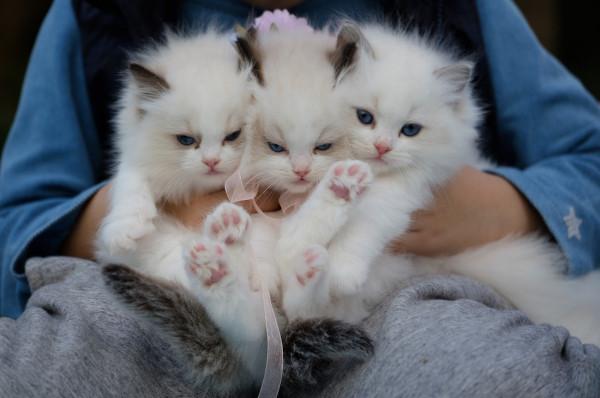
Cats, on the other hand, have only two possible antigens — A and B, although they aren't the same A and B antigens found on human blood. There is no universal donor or recipient feline blood groups, but the vast majority (around 90 percent) of domestic cats have type A blood, while more exotic purebreds often type B. AB is also possible, but very rare.
而貓只有兩種可能的抗原——A和B,不過與人類血液中的A和B抗原不同。目前,還沒有通用的供體或受體貓血型,但絕大多數(大約90%)的家貓都是A型血,而更具異國情調的純種貓通常是B型。也有AB型血的貓,但非常罕見。
Like dogs, horse blood groups are loosely organized along breed lines, but there are 30 different groups, that represent combinations of 8 different antigens (A, C, D, K, P, Q and U are internationally recognized, while T is still being researched.) Cows are tricky because there are 11 major blood groups (A, B, C, F, J, L, M, R, S, T and Z), but the B group includes over 60 different antigens, making blood matches for transfusions tough.
與狗一樣,馬的血型也按照品種粗略地劃分為30種不同的血型,意味著8種不同抗原的組合(A、C、D、K、P、Q和U是國際公認的,而T仍在研究中)。牛的血型系統更復雜,因為牛有11個主要血型(A、B、C、F、J、L、M、R、S、T和Z),但是B型包括60多種不同的抗原,使得輸血的血液匹配變得困難。
Keep all this in mind next time you need to give some furry companion a blood transfusion – we animals have much in common, but there's still much that separates us.
下次你需要給“毛孩子”輸血時,請記住——我們與動物有很多共同點,但仍有很多區別。
來源:Howstuffworks
編輯:董靜
來源:中國日報網



